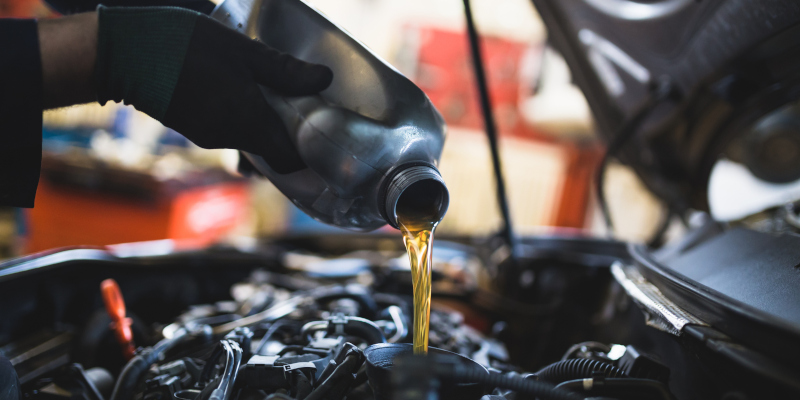Remember when the old rule of thumb was to change your oil every 3,000 miles? Those days are long gone for most modern vehicles. If you just swapped your trusty old clunker for a shiny new car, you may be surprised to learn that the recommended oil change intervals are twice over what you were used to. Why is this the case?

- Oil Has Improved – Firstly, engine oil itself has improved. Synthetic oil and newer additive packages can withstand heat, friction, and contamination much better than crude oil. This helps engine oil maintain its lubricating properties for more miles. Furthermore, the newer oils have better lubricating properties, which extends the life of engine components. Engine parts like piston rings and valve seals have also become more precise, preventing oil from breaking down as quickly.
- Better Monitoring Systems – Onboard oil life monitoring systems have also played a big role. Nowadays, advanced sensors track oil properties like viscosity and acidity, as well as engine operating conditions. The system then calibrates when the oil has degraded enough to require changing based on real-time data rather than just mileage intervals. This means that oil changes align better with a car’s actual needs.
What’s the New Rule on My Engine’s Oil Change?
For most modern cars, recommended intervals fall between 5,000 to 7,500 miles, with some going as high as 10,000 miles. This equates to an oil change every 6-12 months for the average driver. However, as we have previously noted, you can’t always rely on rules of thumb. Consult your owner’s manual and follow your car manufacturer’s suggestions regarding oil change intervals. Also, check your car’s oil levels and color regularly to catch any issues early. And lastly, ensure you choose the right oil for your specific car’s needs.
If you would like further assistance regarding an oil change for your car, get in touch with us today.
